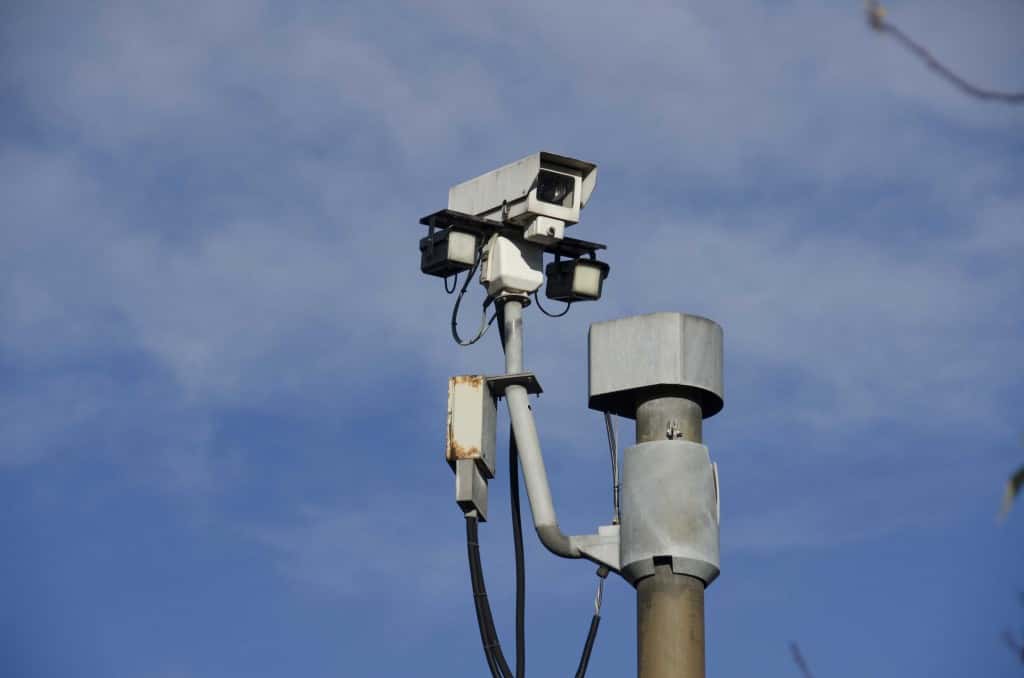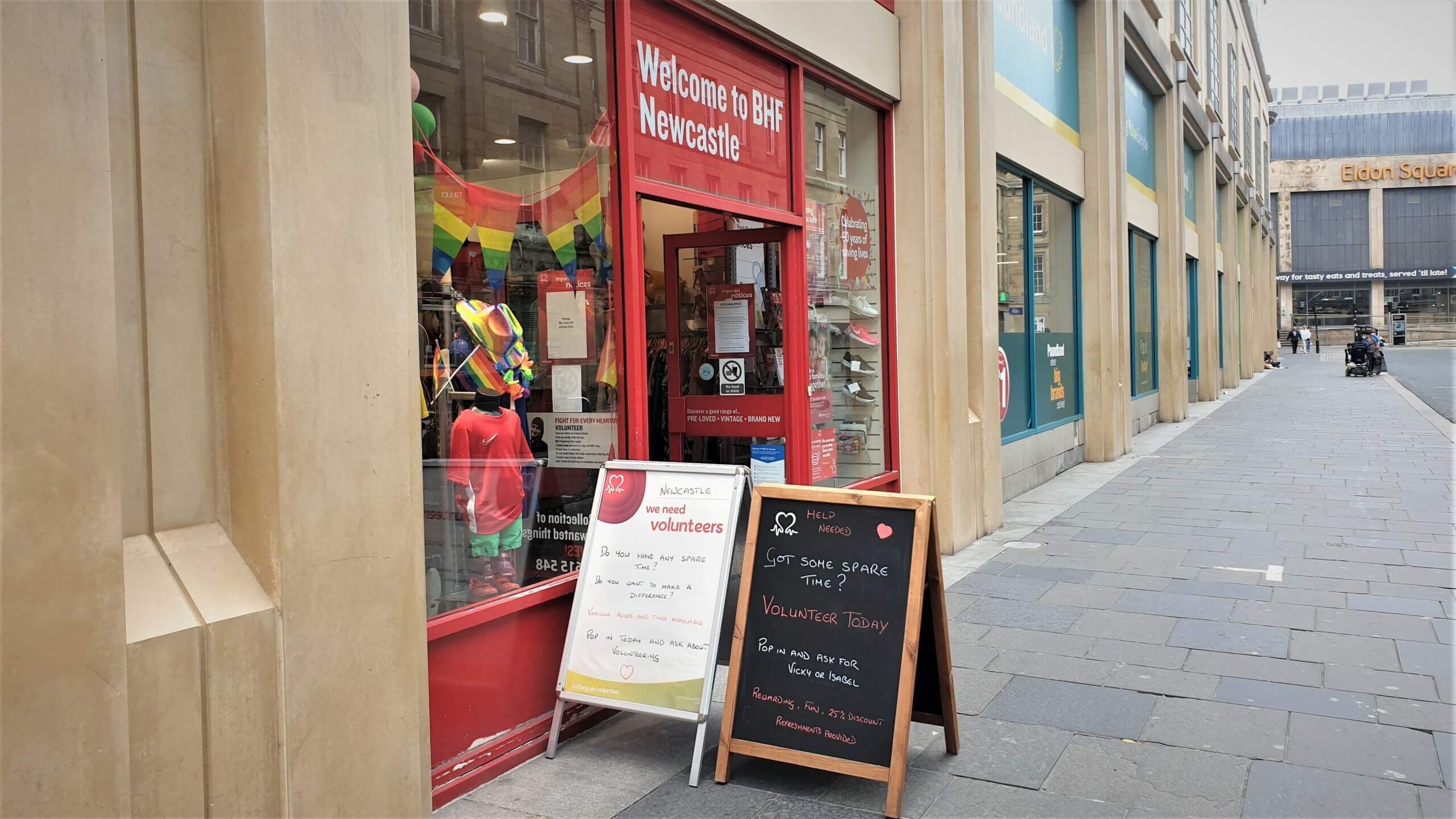
On November 16, the House of Lords passed the Investigatory Powers Act. This Act would give the Government legal allowances to monitor data communications by private citizens.
The Act would enable the Government to gather data on citizens without their knowledge and would also require Communication Service Providers to keep users web history for 12 months. However, this history would not reflect the sub-pages that users
Police and Intelligence personnel would also be able to access data without a warrant.
Communication Service Providers are now required to assist Law Enforcement Agencies in gaining access to targeted people’s data and devices.
People of Sunderland have spoken up against this with statements saying that “This is wrong and it shouldn’t be done” and “People’s personal data should be their own private information.”
However, a government factsheet states that: “Evidence indicates that the majority of criminal suspects are using online communications services, and other online services of potential investigative value, that are currently invisible to communications data requests.”
U.S. National Security Agency whistleblower Edward Snowden has spoken up against Whitehall’s decision when tweeting:
The UK has just legalized the most extreme surveillance in the history of western democracy. It goes farther than many autocracies. https://t.co/yvmv8CoHrj
— Edward Snowden (@Snowden) November 17, 2016
This act will also allow Law Enforcement Agencies to partially look into the previously private conversations with journalists, doctors, lawyers, religious leaders and Members of Parliament.
They will, however, be blocked from knowing the content of the conversation, instead only the time, location, and length.
The bill is pending Royal Assent. Should it be approved, it will give the UK one of the most comprehensive internal surveillance allowances in the world.



